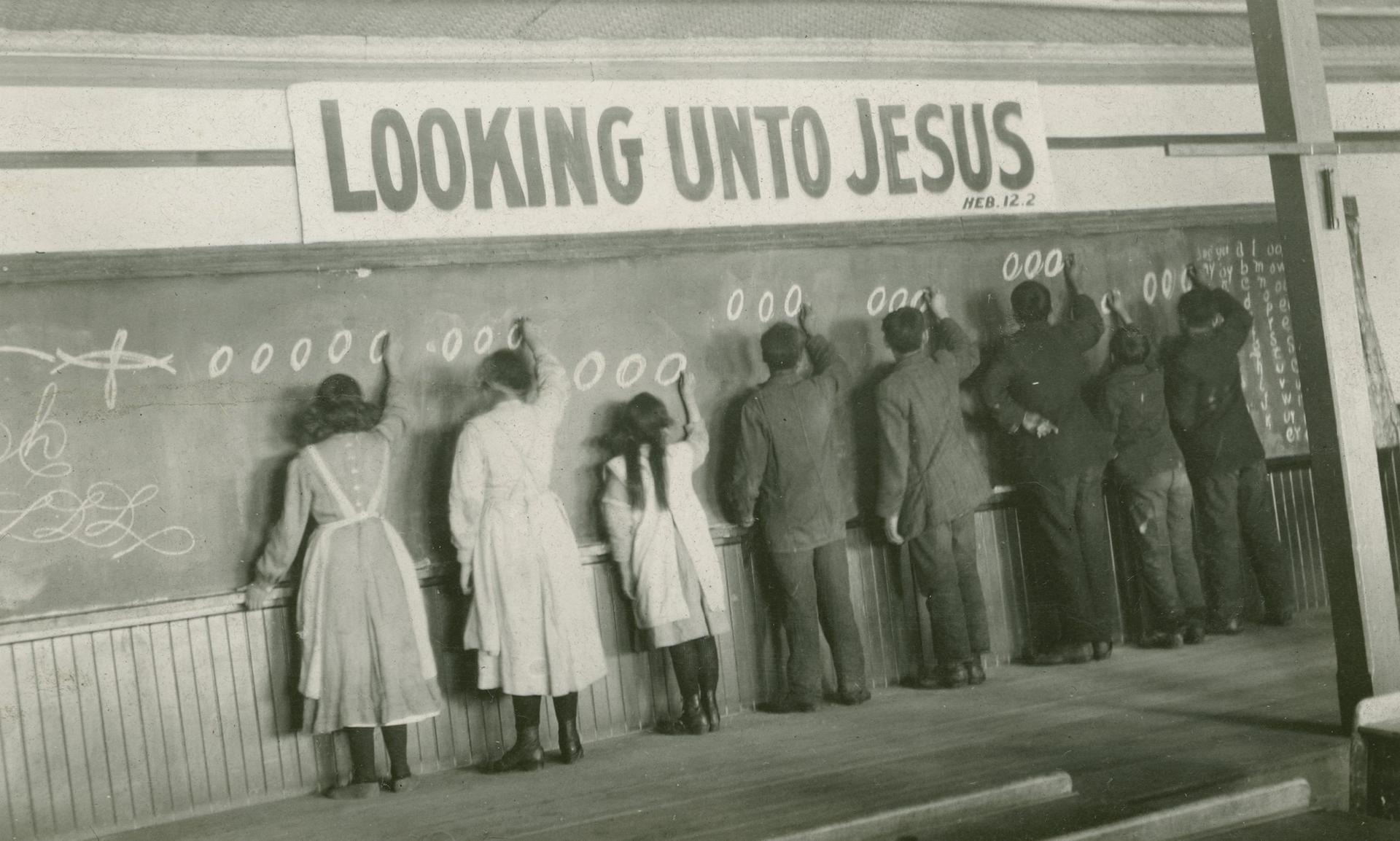ROME – A group of Canadian indigenous persons traveling to Rome to meet the pope this month said they will ask for an apology and an admission of guilt for the Catholic Church’s role in the “genocide” of their people, and that they’ll demand papal edicts endorsing colonization be rescinded.
A joint delegation of Canadian bishops and three different indigenous communities in Canada will travel to Rome March 28 – April 1, where they will hold both individual and group meetings with Pope Francis.
Among the indigenous communities are the Assembly of First Nations (AFN), the Métis National Council, and the Inuit Tapiriit Kanatami. Delegates include elders, “knowledge keepers,” residential school survivors, and youth.
The visit has been in the works for several years but was postponed due to the coronavirus pandemic.
In a March 18 statement, the AFN said they are making the visit “as part of broad efforts to seek justice for genocide in Catholic-run residential institutions, including to seek an apology to be delivered in Canada.”
Longstanding resentments over the treatment of Canada’s indigenous communities arose last summer after the discovery of the remains of 215 children on the grounds of the former Indian Residential School in Kamloops at the end of May, prompting searches at other schools that unearthed hundreds more bodies.
Given the Catholic Church’s role in running the residential schools, the church in Canada has faced enormous backlash and pressures for an apology.
While the Canadian bishops have issued a collective apology, as have individual religious orders in charge of the schools, Pope Francis, to date, has not, and there is speculation that he could make some form of an apology during the visit of the delegations.
Francis has expressed his willingness to visit Canada as part of the country’s healing and reconciliation process.
Canada’s Truth and Reconciliation Commission, at the conclusion of its work in 2015, issued several action points for reconciliation with indigenous communities, one of which is for the pope to make an apology on Canadian soil, leading some to speculate that if Pope Francis does visit Canada, his apology for the Catholic Church’s role in the atrocities committed against Canada’s indigenous could be made during his visit.
In their statement, AFN’s Northwest Territories (NWT) Regional Chief Gerald Antoine, who is leading the community’s delegation to Rome, said, “Since the beginning, as told in our Creation stories, we are the original nation of families of these lands.”
“When the European sovereign arrived on our shores, their international laws, known as the doctrines of discovery, was applied to our lands and denied us our existence as human beings,” Antoine said. “We began to experience relentless attempts to destroy our way of life.”
“We were uprooted, displaced, and relocated from our home. However, we have never given up our teachings and how we perceive our existence,” he said, calling the meeting with Pope Francis “an important step as we continue to address the Catholic Church’s culpability about genocide and complicity in what many First Nations children experienced in the institutions.”
The Catholic Church, “was responsible for managing, including in many instances, the spiritual, cultural, emotional, physical, and sexual violence inflicted on our children,” he said, saying these are all examples of “the genocidal intent” when indigenous children were forcibly removed from their families.
AFN’s delegates, Antoine said, will seek an acknowledgement of “the truth” and of who held the ultimate authority in granting permission for the atrocities committed against the indigenous in residential schools.
Specifically, Antoine said, the AFN delegation will ask Pope Francis to rescind the papal bull issued by Pope Alexander VI in 1493 authorizing Spain and Portugal to colonize the Americas and its Native communities as subjects.
Antoine said his delegates will seek “acknowledgement of the claim by the Roman Catholic Church related to the right of domination over everyone and everything and its role in the spiritual, cultural, emotional, physical and sexual violence” against members of their community in the residential schools.
Of the 130 boarding schools that operated in Canada, nearly three-quarters were run by Catholic missionary congregations.
The schools were state-funded Christian institutions aimed at assimilating indigenous children into Canadian society. After the schools had closed, the Canadian government acknowledged that sexual and physical abuse happened in many of these centers, where children were beaten for speaking in their own language.
Follow Elise Ann Allen on Twitter: @eliseannallen














